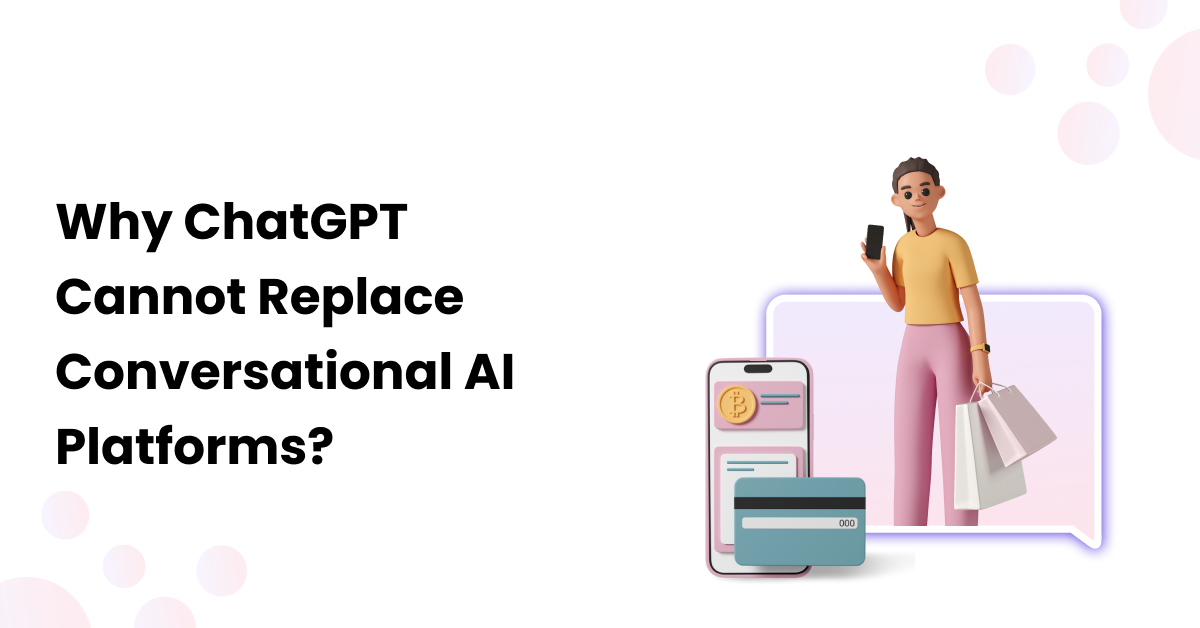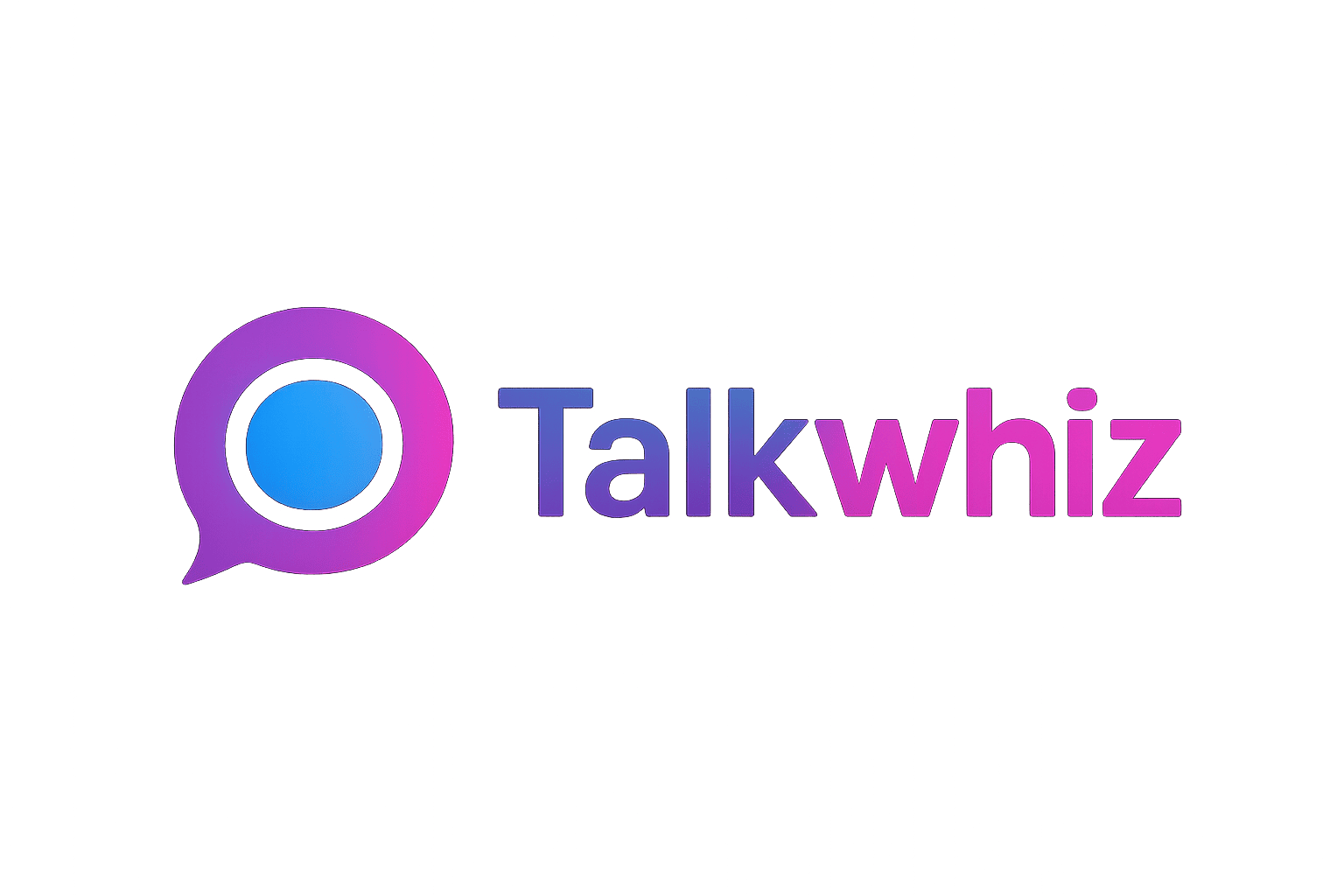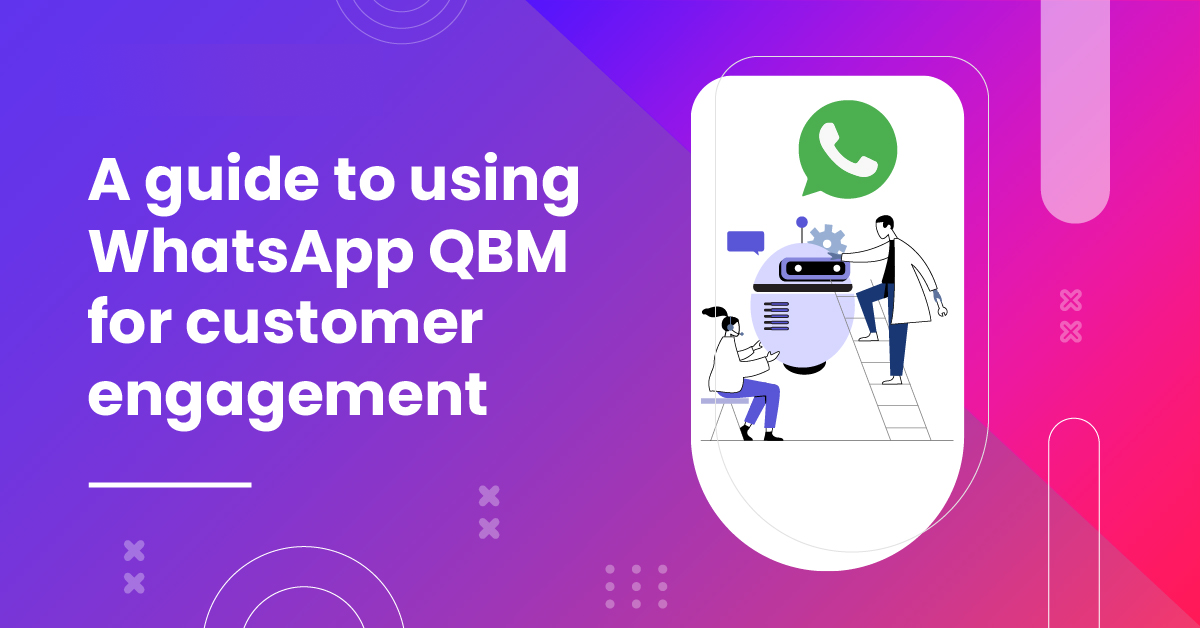
Why ChatGPT Cannot Replace Conventional AI Platforms
As the world of artificial intelligence continues to grow and evolve, we’ve seen the emergence of platforms like ChatGPT making waves across various industries. While ChatGPT has undoubtedly revolutionized natural language processing and AI-driven interactions, it’s important to understand that it cannot fully replace conventional AI platforms. In this blog, we’ll explore why traditional AI systems still have a crucial role in industries, and why ChatGPT, despite its advancements, has its limits
1. Specialized Expertise of Conventional AI Platforms
Conventional AI platforms are designed to solve very specific problems, often requiring deep expertise in a narrow domain. Whether it’s machine learning models for medical diagnoses, image recognition systems, or AI used in autonomous vehicles, these systems are built to focus on a particular use case. They are trained on data that is tailored to the problem they are solving, which allows them to outperform general-purpose models like ChatGPT in certain tasks.
ChatGPT, on the other hand, is a general-purpose model. While it excels at text generation and language processing, it is not trained to handle specialized tasks like the models used in medical imaging or robotics. The lack of a highly tailored model for specific industries or fields means that, for tasks requiring deep expertise, conventional AI systems are still irreplaceable.
2. Real-Time Data Processing
One of the primary advantages of conventional AI platforms is their ability to process real-time data. For industries like finance, healthcare, and manufacturing, real-time decision-making is critical. Conventional AI systems can analyze and make decisions in a matter of milliseconds based on current, live data, which is crucial in scenarios such as stock trading or monitoring a patient’s vital signs.
ChatGPT, while impressive at handling static queries and generating text, is not designed for processing real-time data streams. It lacks the mechanisms to continuously learn and adapt to new data in real-time, making it unsuitable for tasks that require immediate action based on fresh inputs.
3. Ethical and Regulatory Concerns
In many industries, AI systems must adhere to strict ethical guidelines and regulations. Conventional AI platforms are developed with these concerns in mind, especially in sensitive fields like healthcare, finance, and law. These platforms are designed to be transparent, accountable, and auditable, ensuring that they comply with regulatory standards and ethical requirements.
ChatGPT, though powerful, lacks this level of control and auditability. While OpenAI has implemented safety measures, it’s still not suited for high-stakes decisions where transparency and accountability are crucial. For example, healthcare AI systems must ensure patient data privacy, follow medical ethics, and be fully explainable to practitioners. Conventional AI platforms are far better equipped to handle these challenges.


